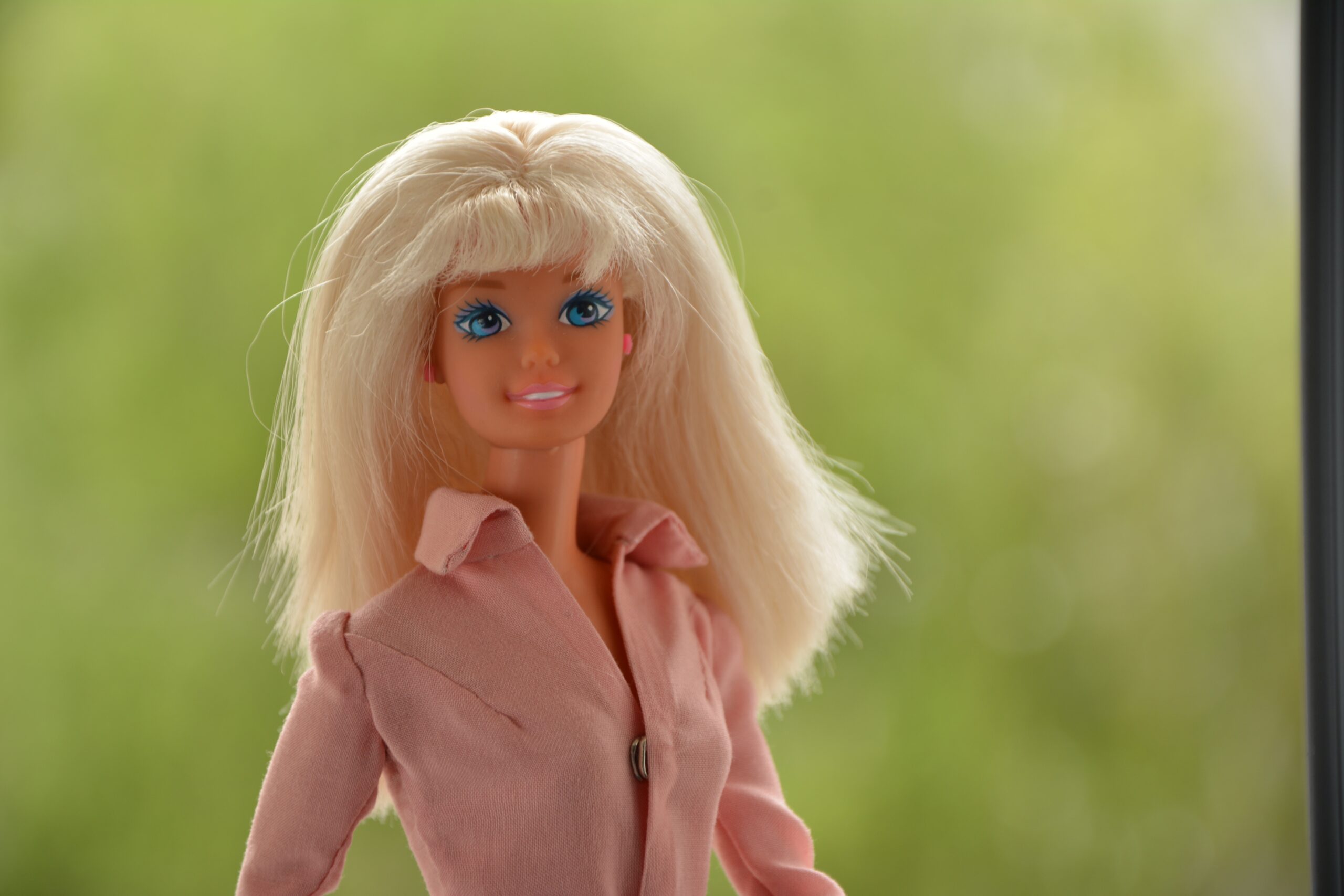Barbiemania has hit the world! So far, the movie has had $775,000,000 in box office sales! With a budget of $150,000,000 this means that it will be a blockbuster hit that will be around for years to come and has been a great investment for the production company behind the movie.
What can be learned from the movie, other than really attractive actors, who are made even more attractive with computer technology can captivate the world? Well, how about Barbie and her real estate.
A little research shows that Barbie’s house in Malibu California was built in 1962 and cost $77,737 to complete. This was determined by a company, Corelogic using tax records, listing data, home sales and appraisal data. A current assessment of the home in the same neighborhood would indicate it would have a selling price of $2,800,000! That is a 3,600% return on investment.
If a person decided to invest $77,737 in the stock market, on average that investment would currently be valued at $3,800,000! So, what is the better investment?
Barbie’s house, if it was located in Ontario would be tax free, so the gain of $2,700,000 would be non-taxable. The same investment in the stock market would be affected by capital gains taxes, meaning that the entire gain of approximately $3,700,000 would be taxable. I am not an accountant, however capital gains taxes are on 50% of the gain, meaning $1.850,000 would be taxable and with an average tax bracket of 30% the investor would pay over $500,000 tax on the gain leaving a net gain of $3,500,000. Whoa! It appears that an investment in the stock market would return an extra $700,000, but when you look a bit deeper, the return is far less attractive.
If a person invested in the market, rather than a home, they would need a place to live. Meaning that becoming a renter in 1962 they would have paid over 700 monthly rental cheques. Even if the average monthly rental cost was $1,000, that would mean the investor would be out $700,000. What makes this example even more attractive is that the Buyer in 1962 could put as little as $15,000 on the home as a down payment, meaning that the return on their down payment would be way above what is quoted above.
Real Estate over the long term has always been one of the best investments. Not only can you see your equity growing in your home or investment property, you also have a place to live in, where your monthly payments actually reduce your mortgage.
I am somewhat cherry-picking Barbie’s experience in home ownership, as it gets a bit more complicated, but in the long term, owning Real Estate is a solid investment. Another point that makes Real Estate a great long-term investment, is that Real Estate is less volatile than the stock market. In the past 15 years we have seen the stock market crash twice, and with the stock values dropping dramatically. If a person was depending on their investment for their future they would see their future savings dwindle during each correction. With homeownership, the values have dropped 3 times in my 37-year career. The value of a stock or a property is only important when you are selling, but with people investing for the future if a stock downturn is happening their returns are diminished.
I personally am invested in both the Canadian and USA stock markets, private Real Estate syndicates in the United States, and properties here in Canada. I have found it best to diversify investments to best protect myself for the future.
If you are planning on making an investment for your future, I would consider the “risk” attached to the investment. There is very little risk with long-term ownership in Real Estate, however, with stocks, the risk is somewhat higher. My suggestion to anyone in their 20’s or 30’s would be to get your “foot in the door” with homeownership. To do what you need to do to get into the housing market. My next suggestion is to do your best to max out your Tax-Free Savings Account. Diversifying yourself is the best way to protect your future. Many people feel small incremental investments into a TFSA are not worth the effort, however if there is a 5% return on investment yearly, and you invest $25 per week for a year, and then stop investing, your initial investment of $1,300 would be valued at $1,660. That is $360 you would not have had… not a lot but it shows how a small investment grows over time.
In 10 years, that $1,300 has grown to $2,100, again without ever adding to the investment. Making money work for you by owning a home or another investment is why you see some people living amazing, comfortable lives as they get a bit older.
If you are interested in getting your first home, your first investment property or want to discuss investing in any product I am always up for a chat. I can be reached at lindsay@buyselllove.ca or 905-743-5555
Connect with us on Facebook, Instagram, LinkedIn and YouTube.
